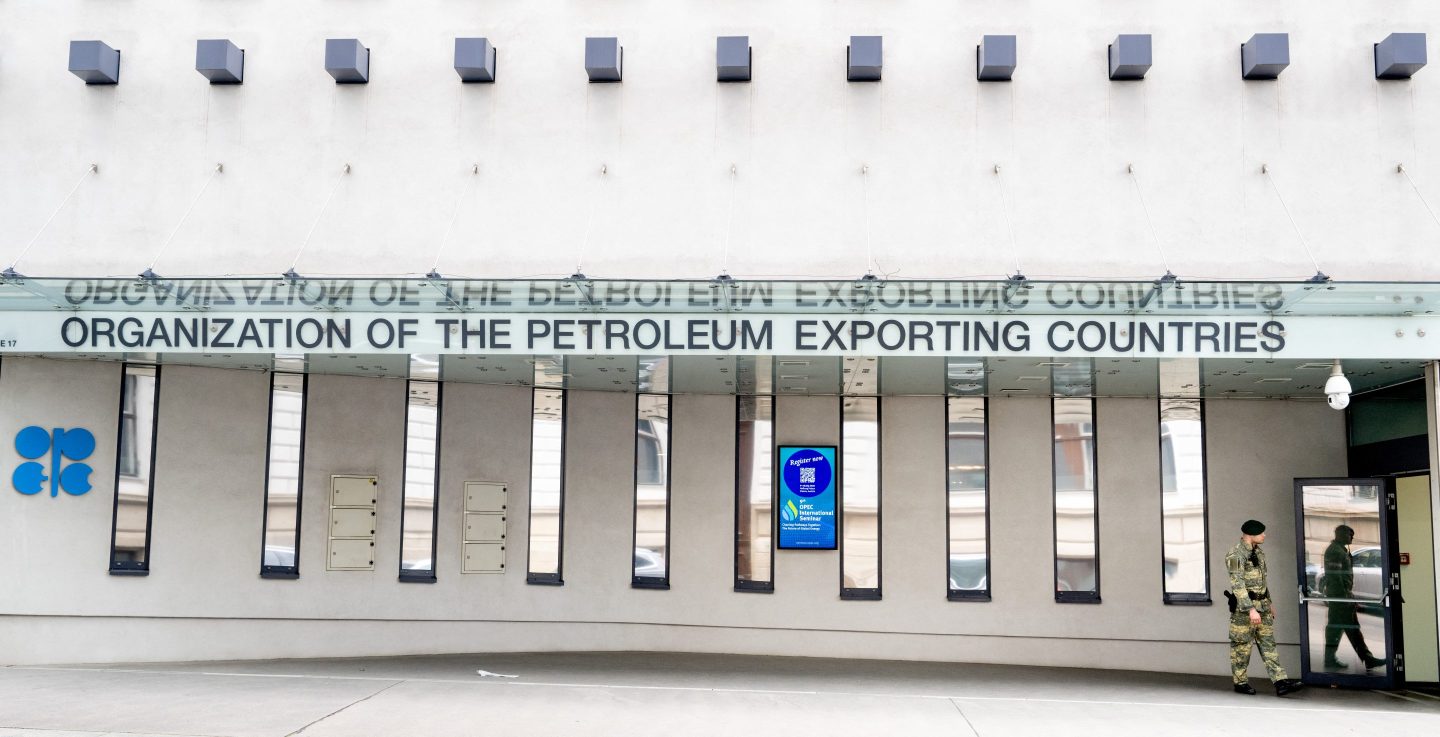Royal Caribbean Cruises CEO Richard D. Fain sat with his feet propped up on an ottoman, on a balcony aboard the Celebrity Edge—the first cruise ship to depart the U.S. in more than a year. He has been running the company at a multibillion-dollar loss, but he still has a sense of humor.
He joked that he may suggest business schools launch a new course: How to run a company with zero revenue for 15 months. “I’d like to take it,” Fain told Fortune by phone.
The coronavirus has wreaked havoc on the travel industry’s bottom line—cutting into revenue across the airline, travel, hotel, and resort industries, not to mention cities and countries that rely heavily on tourism.
For the more than 270 cruise ships that typically sail around the world, the past 15 months have been nothing short of a nightmare. Early on in the pandemic, more than 800 confirmed cases of COVID-19 were sourced to outbreaks on three ships, according to the Centers for Disease Control and Prevention. The CDC issued a no-sail order in mid-March: Ticket sales dissipated as vessels sat idle for months.
Cruise lines including Royal Caribbean, Carnival, and Norwegian have taken on billions of dollars in debt, sold off portions of their fleets, and moved to furlough, lay off, or cut benefits to their employees.
“It’s been a brutal 15 months for anyone associated with the cruise ship industry,” Fain said.
Royal Caribbean had “substantial debt” to the tune of $18.9 billion at the end of 2020, according to its annual report. Last year, its revenue fell to $2.2 billion, down from $10.9 billion from 2019. The company cut or furloughed about 23% of its U.S. shoreside employees last year and instituted a hiring freeze across the organization. It sold its three-ship Azamara luxury brand to Sycamore Partners for $201 million in an effort to focus more attention on its other business lines. According to Fain the brand’s economics had been “adequate during the good times,” but he decided to divest during the pandemic.

This year has offered some respite, although it appears that cruise ships still have many months of sailing before numbers become more optimistic. In the first three months of this year, Royal Caribbean made less than $21 million in passenger ticket revenues, compared to nearly $1.4 billion in the first three months of 2020. Royal Caribbean began running ships from non-U.S. ports earlier this year.
While vessels are starting to depart from ports again, they have been sitting idle for months, which is “not good for ships,” Fain says.
Ship crews have to return to the ships and relearn how to work them, and new crew members need to learn the ropes.
“Even if they were on the ship a year and a half ago, you need to relearn some things,” Fain says, and bonds between the crew need to be reestablished.
The Celebrity Edge set sail out of Port Everglades in Miami on June 26, buffets and all—with its staff fully vaccinated and capacity capped at about 30%. It was the first cruise ship to depart the U.S. in more than a year. Royal Caribbean ships had already been sailing out of Singapore, the Canary Islands, and other locations.
In order to prevent outbreaks, Royal Caribbean has set rigid requirements and updated its air filtration systems. All staff must be vaccinated to come on board, and the company has vaccinated 22,000 employees so far, Fain says. In Florida, Royal Caribbean doesn’t require guests to show proof of vaccination—a practice that was recently banned in the state—but those who don’t show proof are subject to testing requirements and are required to wear masks and social distance while on board, according to Fain.
The company also announced on its website that unvaccinated passengers who cruise from Florida between August and December 2021 will also be required to show proof of insurance to cover medical and potential evacuation expenses, in case of an outbreak.
Unvaccinated guests are the minority: On his current Celebrity Edge cruise, 99% of people on the ship are vaccinated, he says.
But there are still exposure risks to unvaccinated passengers. On June 24, Royal Caribbean reported that two unvaccinated guests aboard the Adventure of the Seas, who were under the age of 16, had tested positive for the coronavirus and were immediately quarantined. All guests on the ship over 16 years old—92% of all the passengers—were vaccinated, according to a statement from the cruise line, including all those who came into contact with the two individuals. The stock sank 6% on the news Monday.
“It’s possible that somebody gets it. It’s unlikely, but it happens,” Fain says, emphasizing the safety protocols and the ship’s ability to quickly respond to it.
Fain declined to provide an update on Royal Caribbean’s current debt rate, but he said the company will be able to pay the money back, and that most of its lenders know the history of its bottom line.
As he sat on the deck, the sound of wind coming through the phone, Fain said he is excited about ships being up and running again, despite all the new protocols.
“It’s a big day for us,” he said. “It’s a big day for the industry.”












